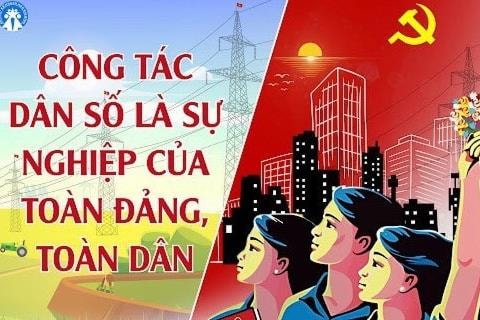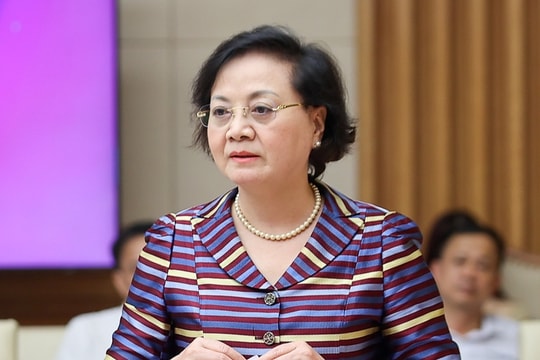Nghe An: 10 years of not being able to recruit doctors for remote areas
(Baonghean.vn) - Explaining to the Provincial People's Council survey team about the issue of low quality of medical examination and treatment, Nghe An Department of Health said: for more than 10 years, this Department has not been able to recruit doctors for remote areas.
| On the afternoon of March 31, the Ethnic Minority Committee (Provincial People's Council) had a working session with representatives of the Department of Health, Department of Labor, War Invalids and Social Affairs, Provincial Social Insurance, and the Department of Population and Family Planning on the implementation of health and population policies in the mountainous districts of the province. Ms. Lo Thi Kim Ngan - Head of the Ethnic Minority Committee of the Provincial People's Council chaired the meeting. |
During the period 2014-2016, more than 2.4 million poor and near-poor people in the province were granted health insurance with a budget of more than 1.4 billion VND. However, the implementation of health insurance policy for ethnic minorities still encountered many difficulties, leading to a number of situations such as: slow printing and issuance of health insurance cards; duplicate and incorrect issuance of health insurance cards.
Explaining the slow issuance, Mr. Le Cong Thuy, Head of the Social Insurance Department, Department of Labor, gave a reality: “According to Decree 105/2014/ND-CP of the Government and Joint Circular 41/2014/TTLT-BYT-BTC of the Ministry of Health and the Ministry of Finance on the issuance of health insurance cards for the group of subjects “people living in areas with particularly difficult socio-economic conditions”, 100% of health insurance cards are issued free of charge. But in reality, some villages and hamlets in these difficult mountainous communes are recognized as escaping poverty. When compared with the regulations, the people in these villages and hamlets are not eligible to enjoy the regime. So, in such cases, should we continue to issue or not? This is a difficult and confusing issue.”
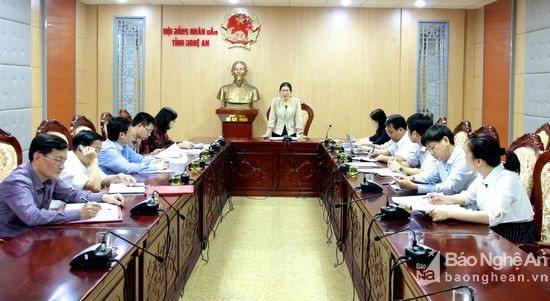 |
| Working session of the Provincial People's Council's Ethnic Committee with Departments and branches. Photo: My Nga |
Also related to the issuance and distribution of health insurance cards, Ms. Le Thi Dung, Deputy Director of the Provincial Social Insurance, said that in 2016, 231,981 health insurance cards were issued to people and ethnic minorities in mountainous districts. However, the process of issuing and managing health insurance cards without photos, especially for the poor and ethnic minorities without identification papers, makes it difficult to manage the subjects and causes difficulties for people when going to see a doctor or get medical treatment.
In addition, there is duplication in card issuance. The reason for this situation is that many people are both poor households and other policy beneficiaries such as the elderly, people with revolutionary contributions, social protection beneficiaries, etc. Meanwhile, equipment and application software to filter data at local facilities are still limited, leading to many obstacles in checking to avoid duplication.
Regarding the provision of medical services to remote areas, the province currently has 480/480 commune health stations, with full medical facilities. Of these, 82% of the health stations meet national health standards. Every year, the provincial Department of Health organizes more than 20 training courses to improve qualifications and disseminate health policies and regimes to commune, village, and hamlet health workers and prestigious people in the community. Currently, more than 96% of health workers have been updated with basic knowledge on health care for the people.
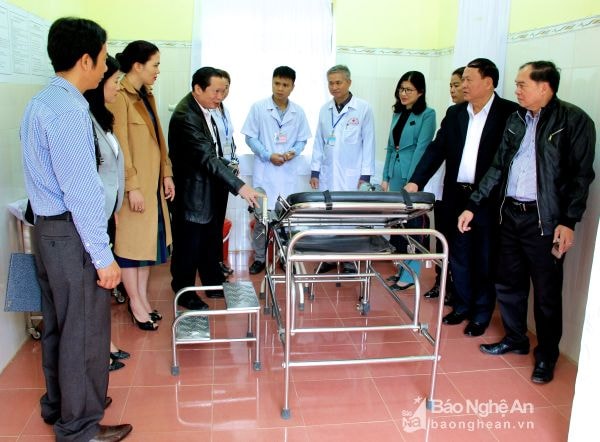 |
| The survey team of the Ethnic Committee (Provincial People's Council) inspected the facilities at the medical station of Luong Minh commune, Tuong Duong district. Photo: My Nga |
Poor patients are supported with food money/patient/day according to the instructions in Decision No. 61/QD-UBND dated November 22, 2013 of Nghe An Provincial People's Committee on regulations on partial support of medical examination and treatment costs for the poor in Nghe An province.
In addition, the implementation of support policies for poor ethnic minority women who give birth in accordance with population policies has been actively implemented. Up to now, nearly 3,000 ethnic minority women have benefited from this policy with a total amount of over 5.9 billion VND.
At the working session to explain the survey team's opinions on the issue of low quality of medical examination and treatment, Mr. Nguyen Thanh Tung, Deputy Head of the Department of Personnel Organization, Nghe An Department of Health, said that for more than 10 years, the Department of Health has not been able to recruit doctors for hospitals and medical stations in remote mountainous districts. To ensure the workload, the Department is forced to recruit intermediate doctors, then create conditions for them to go to school to improve their expertise and skills.
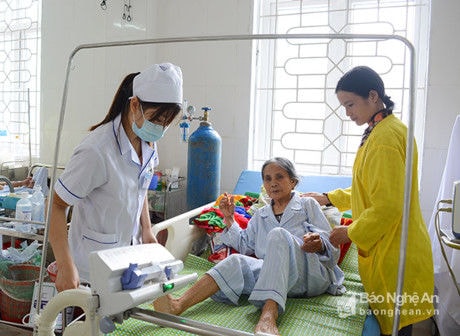 |
| Patient care at the Intensive Care Unit of Nghia Dan Medical Center. Photo: Thu Giang |
Regarding the opinion that grassroots health stations have not yet fully promoted their functions and efficiency in examining and treating people, the representative of the Department of Health explained that: “Since the health insurance system was applied to the commune and district levels, the number of people coming to the health stations for examination and treatment has decreased. Because people are willing to skip the commune level and go straight to the district level. Therefore, currently, most grassroots health stations only perform the function of disease prevention for the people.” According to him, the health insurance system on the one hand creates favorable conditions for people, but on the other hand, the work of monitoring and taking care of people's health at the health stations is more difficult.
At the end of the working session, Ms. Lo Thi Kim Ngan requested that the Departments and branches need to improve the quality of medical human resources in health care for people in mountainous areas; closely coordinate in managing data and issuing health insurance cards; be proactive in disseminating health and population policies to the people, avoiding the situation of losing the rights of policy beneficiaries.
America and Russia

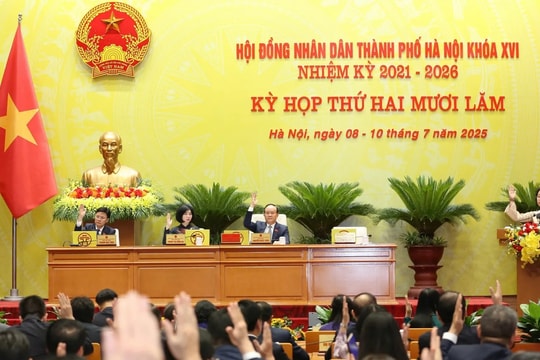
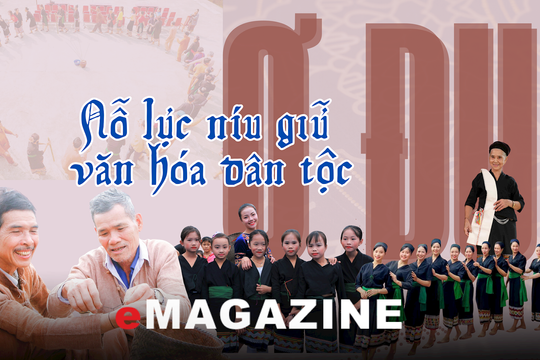
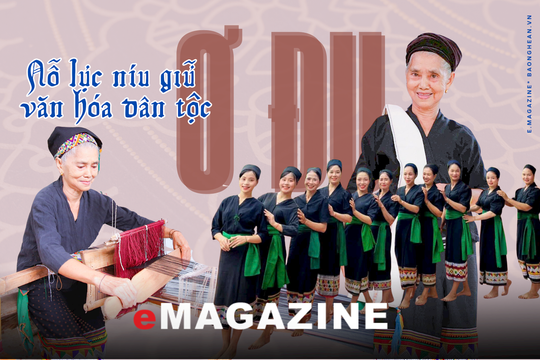
.jpg)

